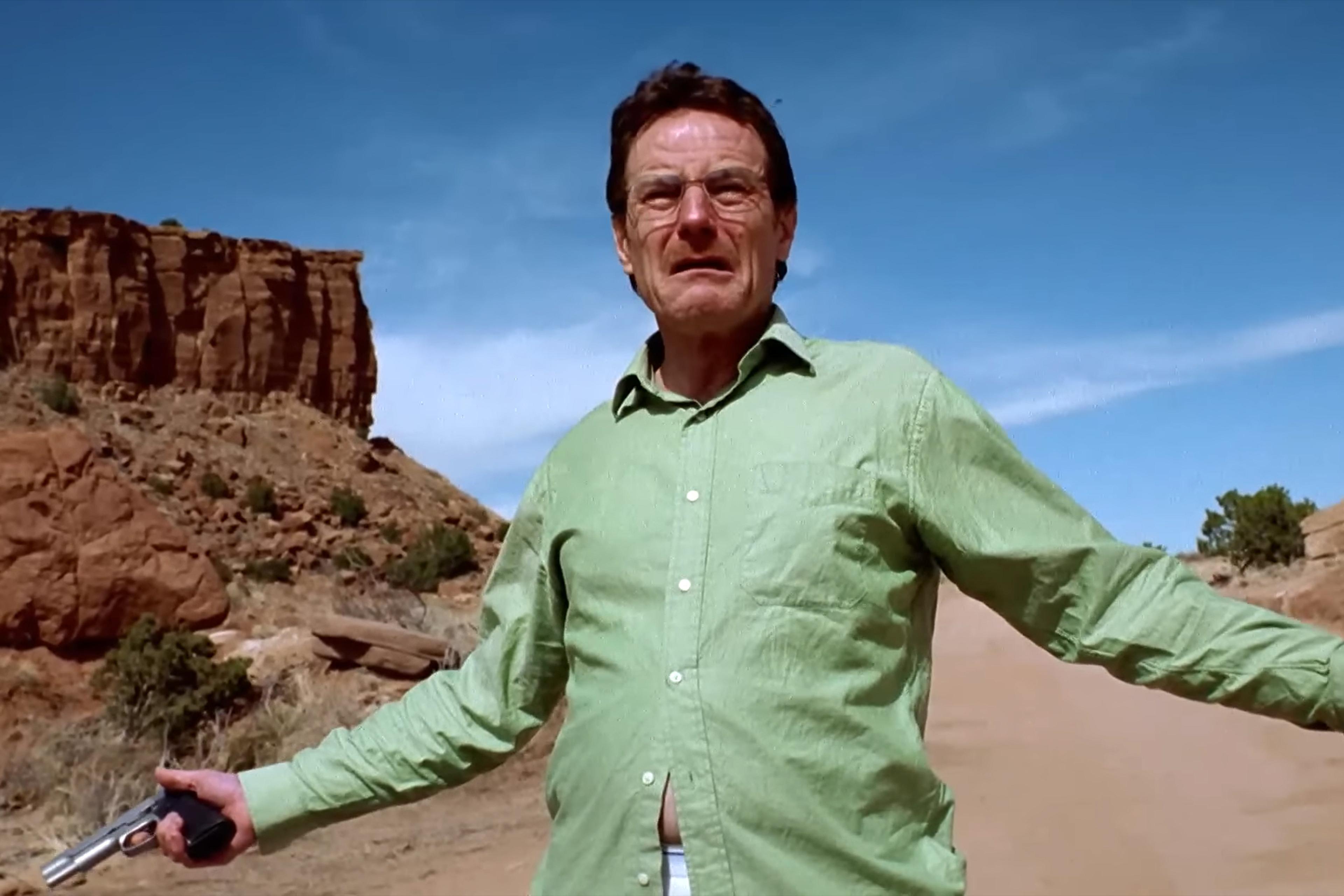
Why are we so drawn to characters that take us to moral extremes?
Video by Psyche

Video by Psyche

Video by Psyche

Long ago, I gave a boy a greenfinch. That moment followed me in ways I’m still puzzling over
by Katia Ariel

Reading a chapter a day of War and Peace shows how a manageable, regular habit can build into a much bigger accomplishment
by Freya Howarth
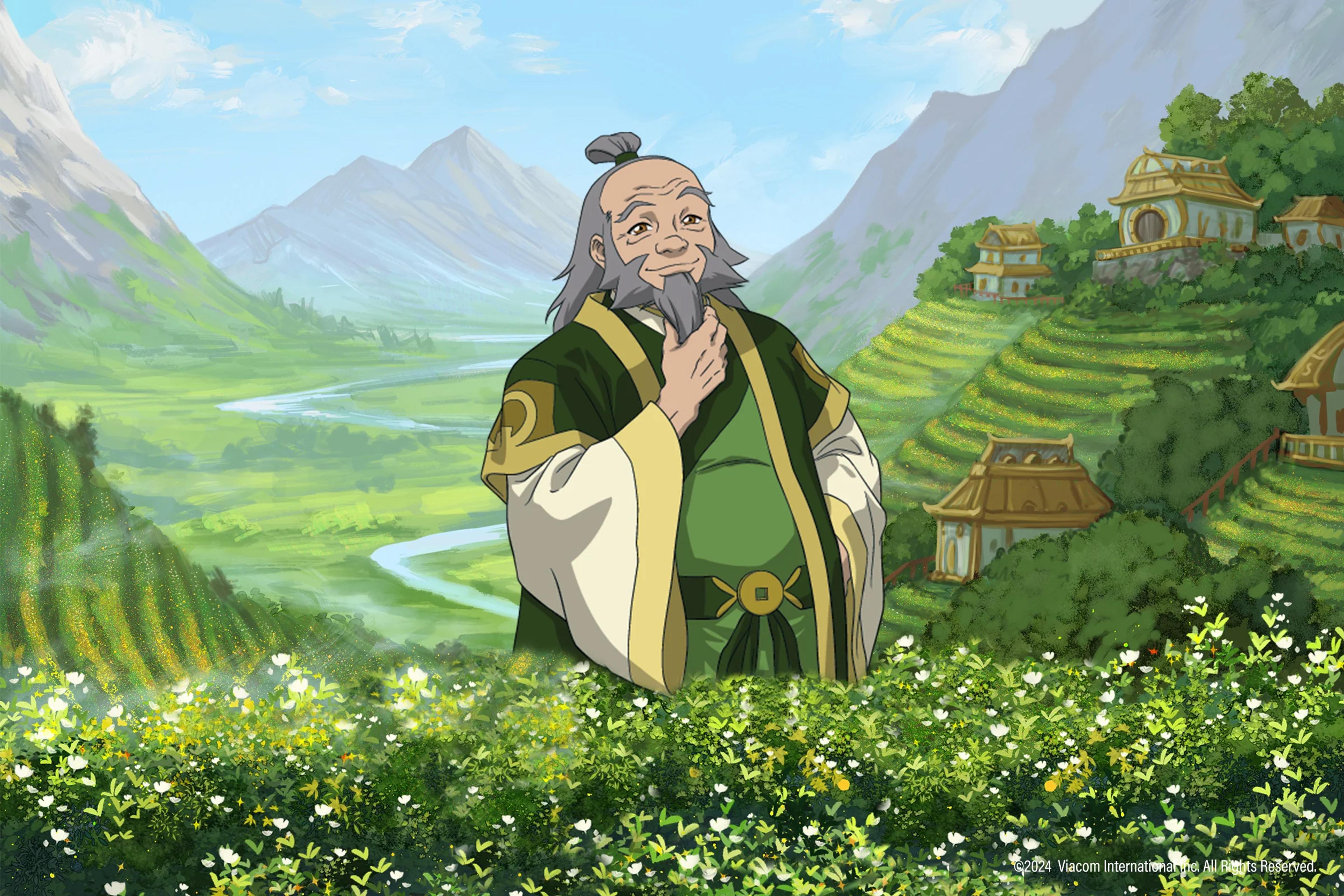
Scenes from books, movies and games sometimes carry as much weight as events from people’s own lives. We’re finding out why
by Osman Görkem Çetin
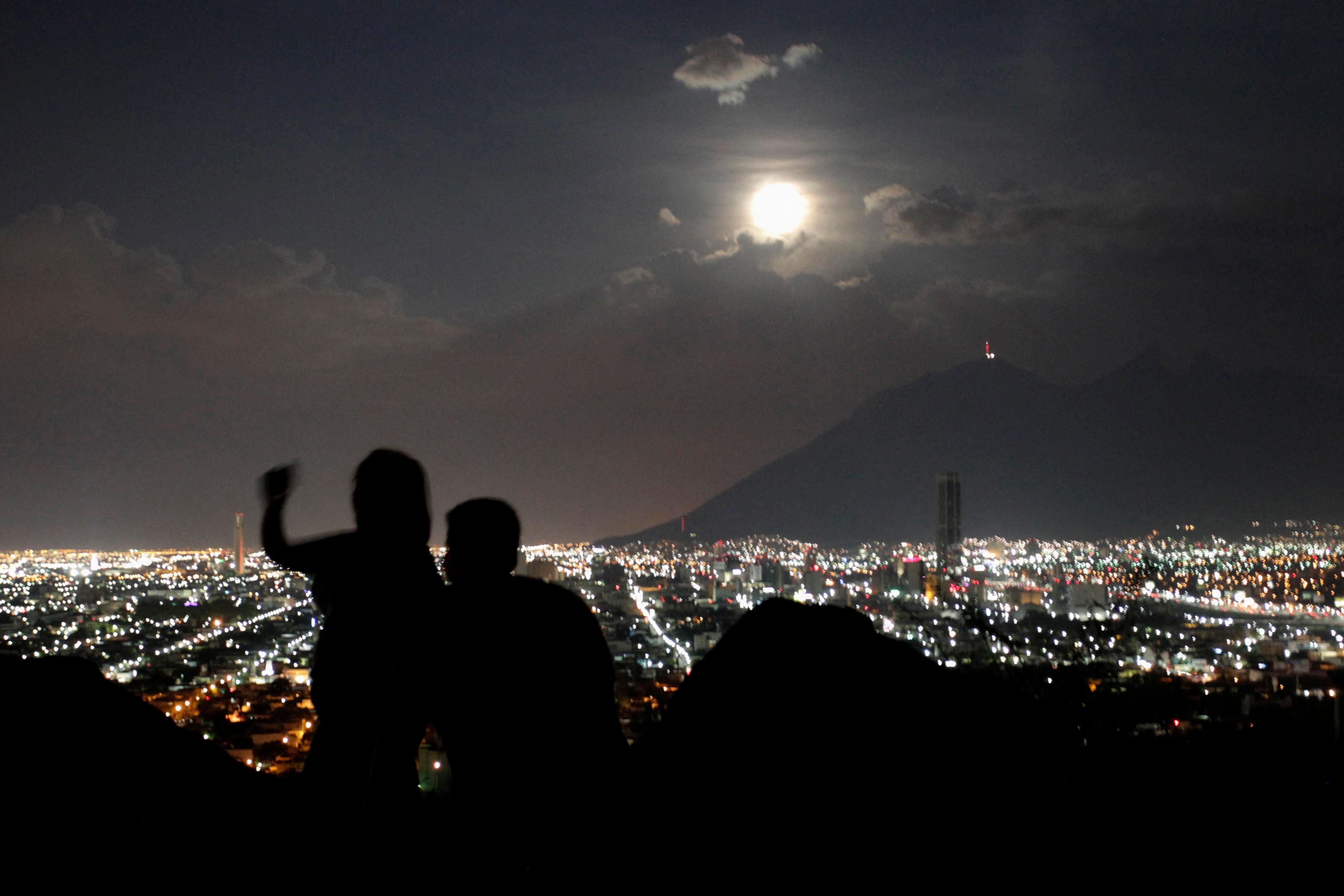
The novelist and poet Ursula K Le Guin shows we can reject nihilism and naive optimism by practising our collective freedom
by Alexis Shotwell
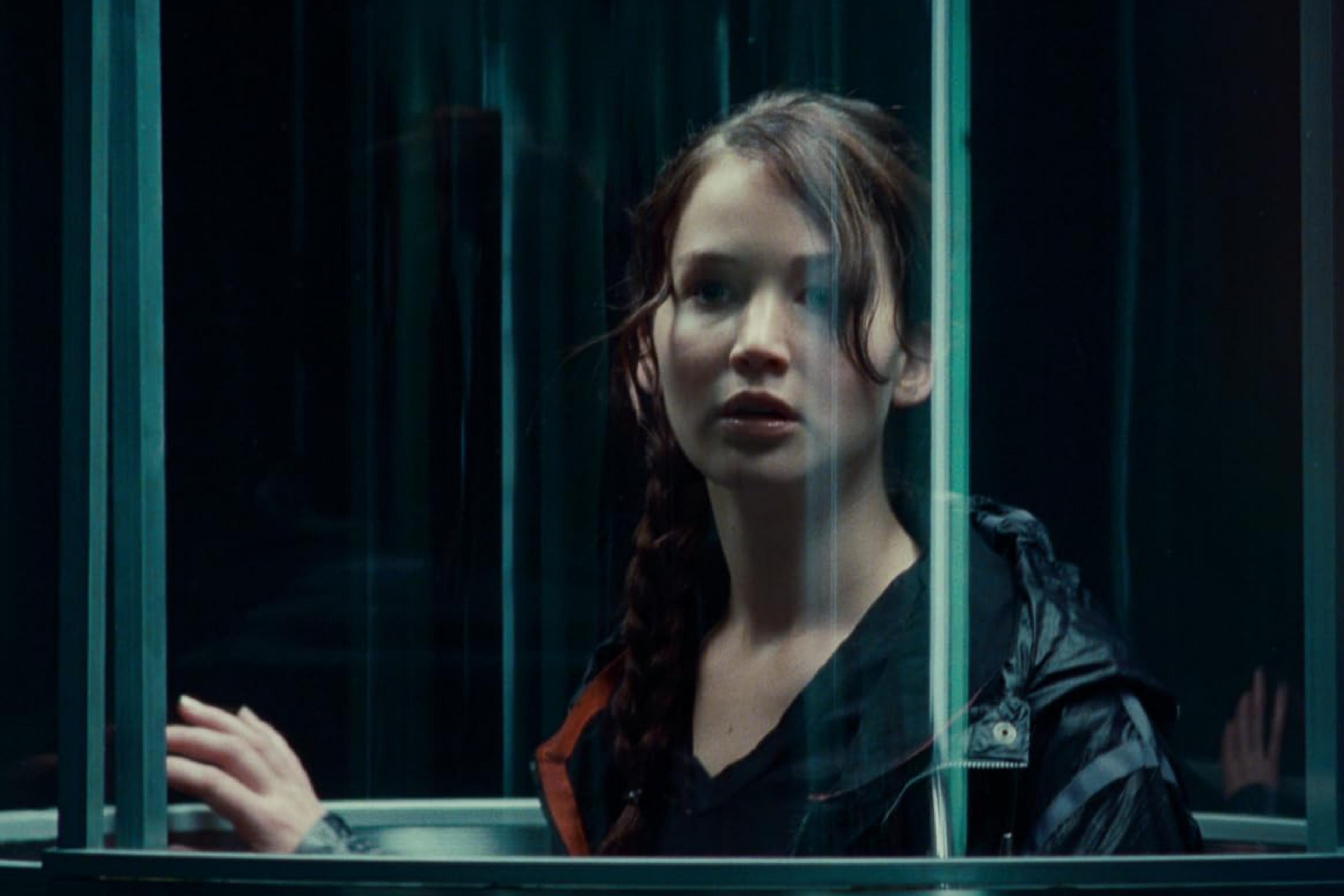
Today’s global problems are caused by broken systems, but the studios still feed us a diet of movies focused on individuals
by Namir Khaliq
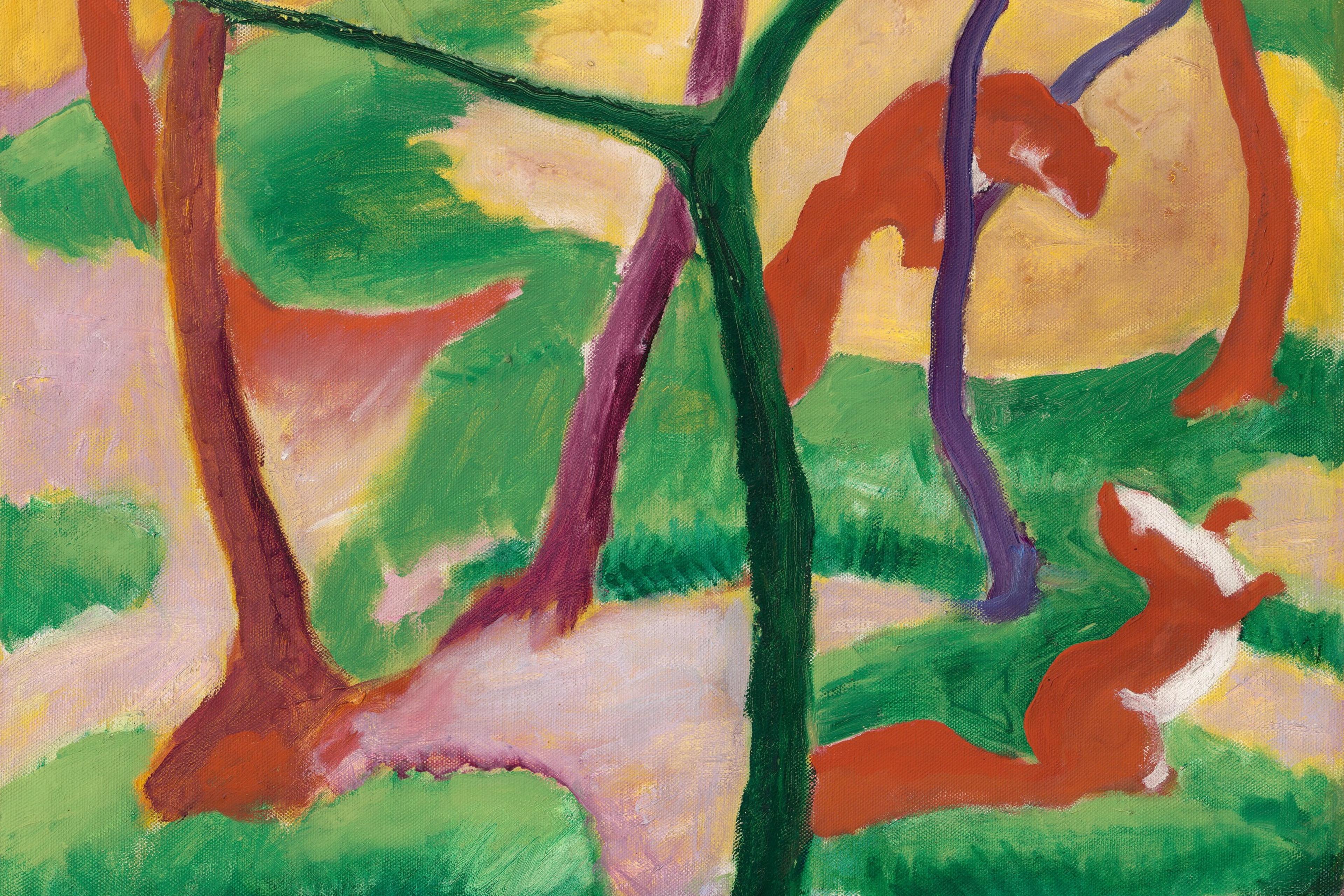
Susanne K Langer understood the indispensable power of metaphors, which allow us to say new things with old words
by Sue Curry Jansen & Jeff Pooley

Talkative drinking cups and threatening oil flasks tell us how the written word asserted its authority in an oral society
by Teddy Fassberg
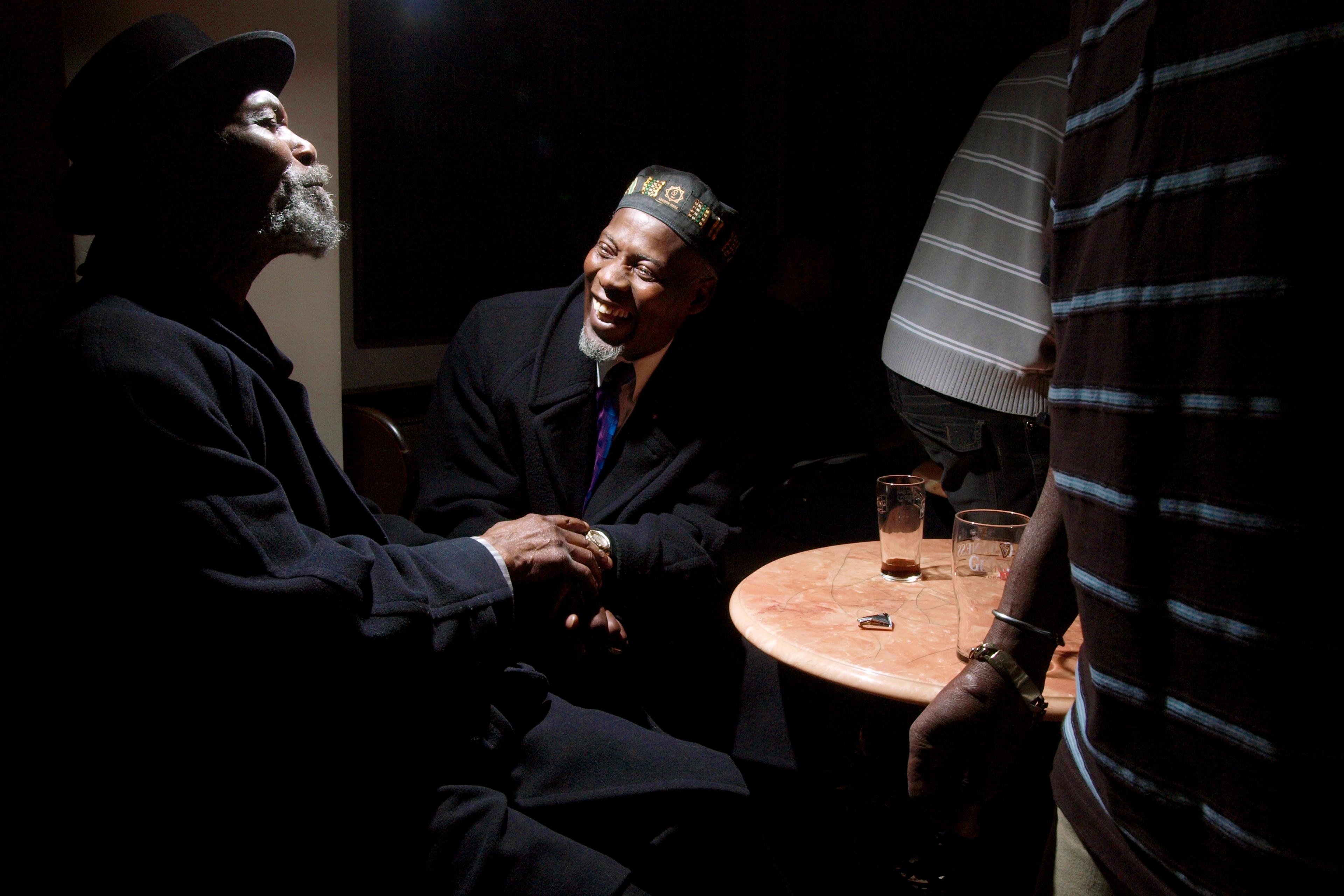
Personal stories have the power to connect, entertain, persuade. Use a pro storyteller’s tips to pick and prepare a great one
by Micaela Blei

Our stories help us make sense of a chaotic world, but they can be harmful and restrictive. There’s a liberating alternative
by Karen Simecek
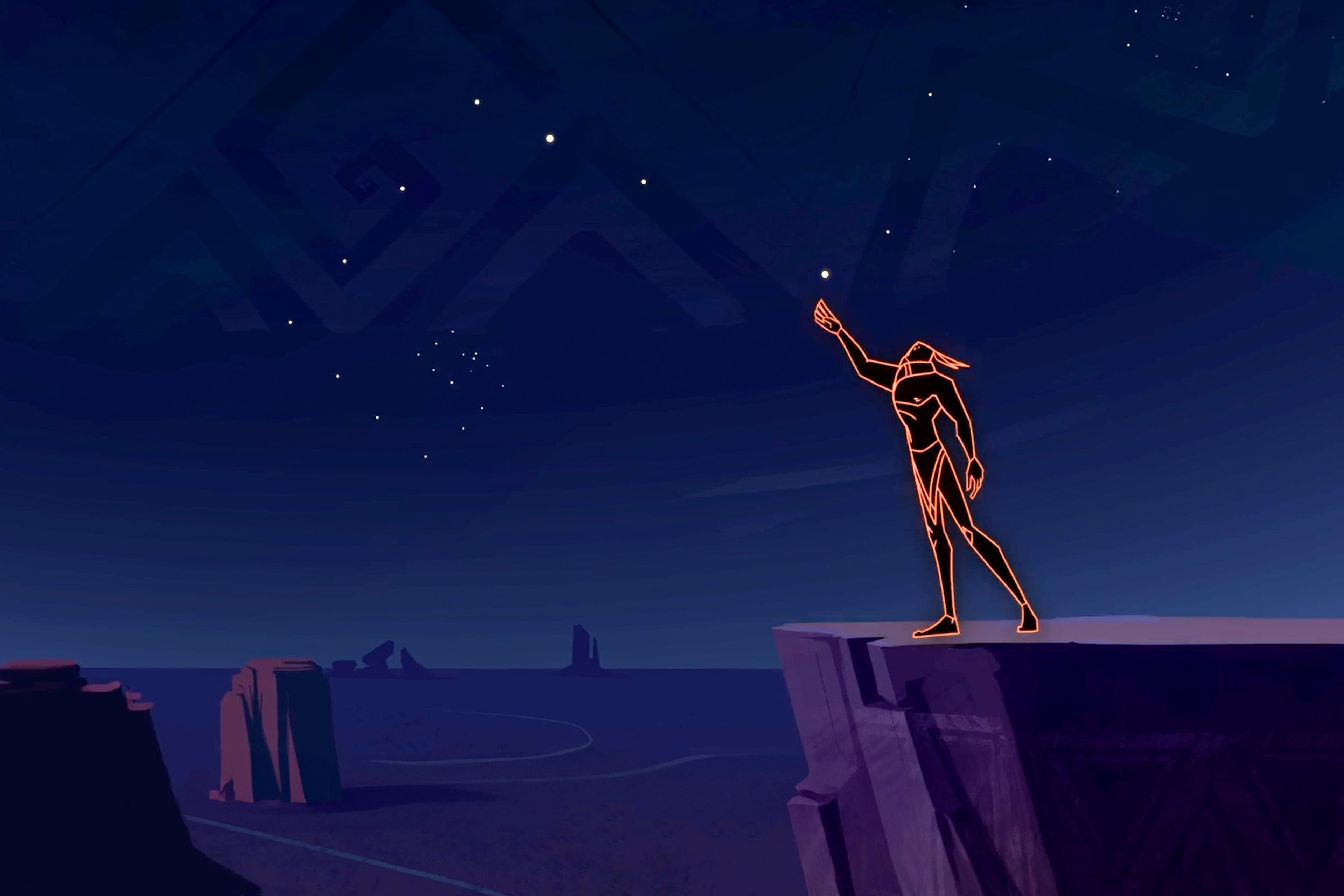
Directed by Dallin Penman
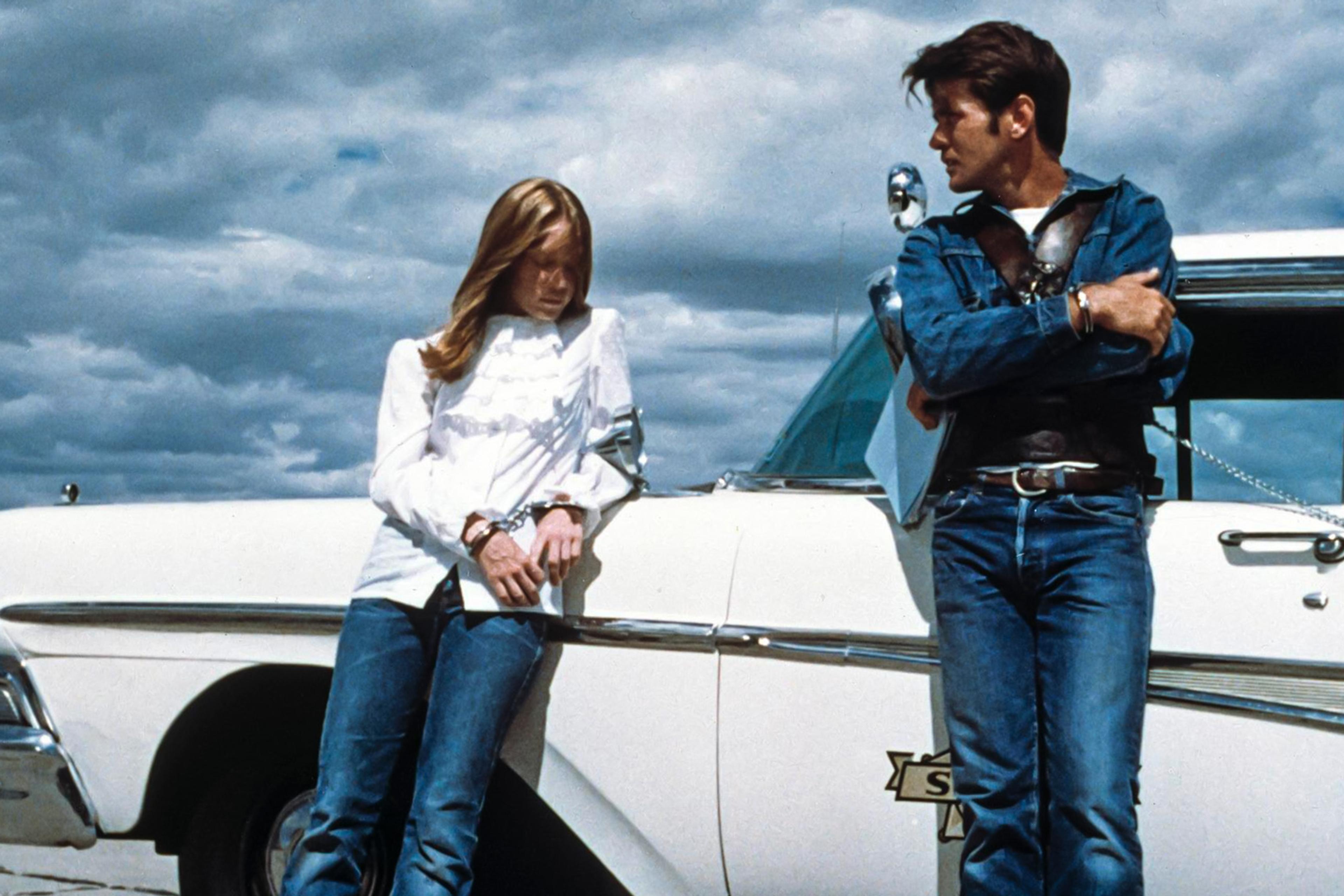
Inner speech is mysterious and hard to study. But movie voiceovers and introspective novels offer fresh ways to understand it
by Shayla Love
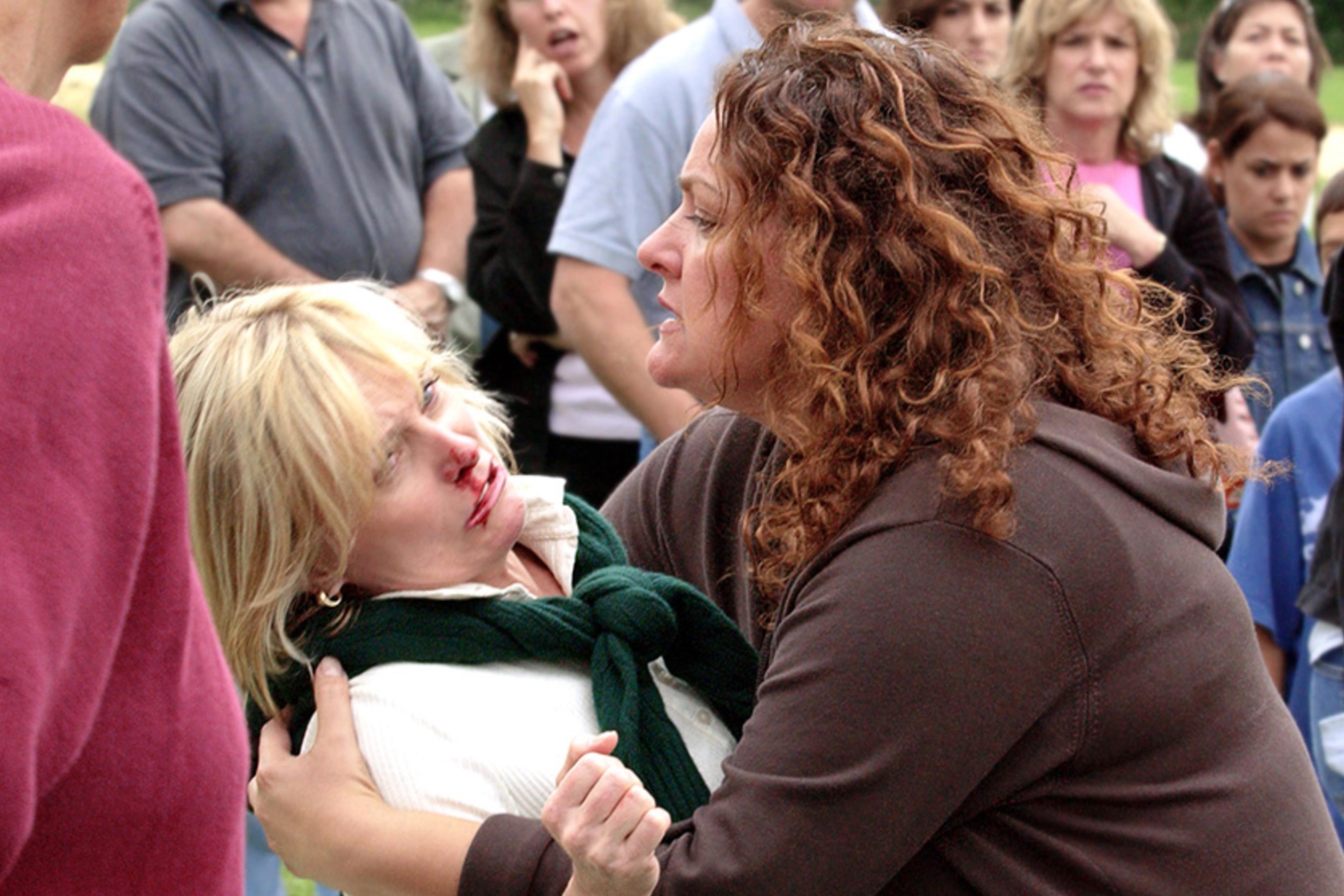
Losing yourself in a book, film or show provides a useful mirror for character – one that is hard to access in real life
by Martina Orlandi
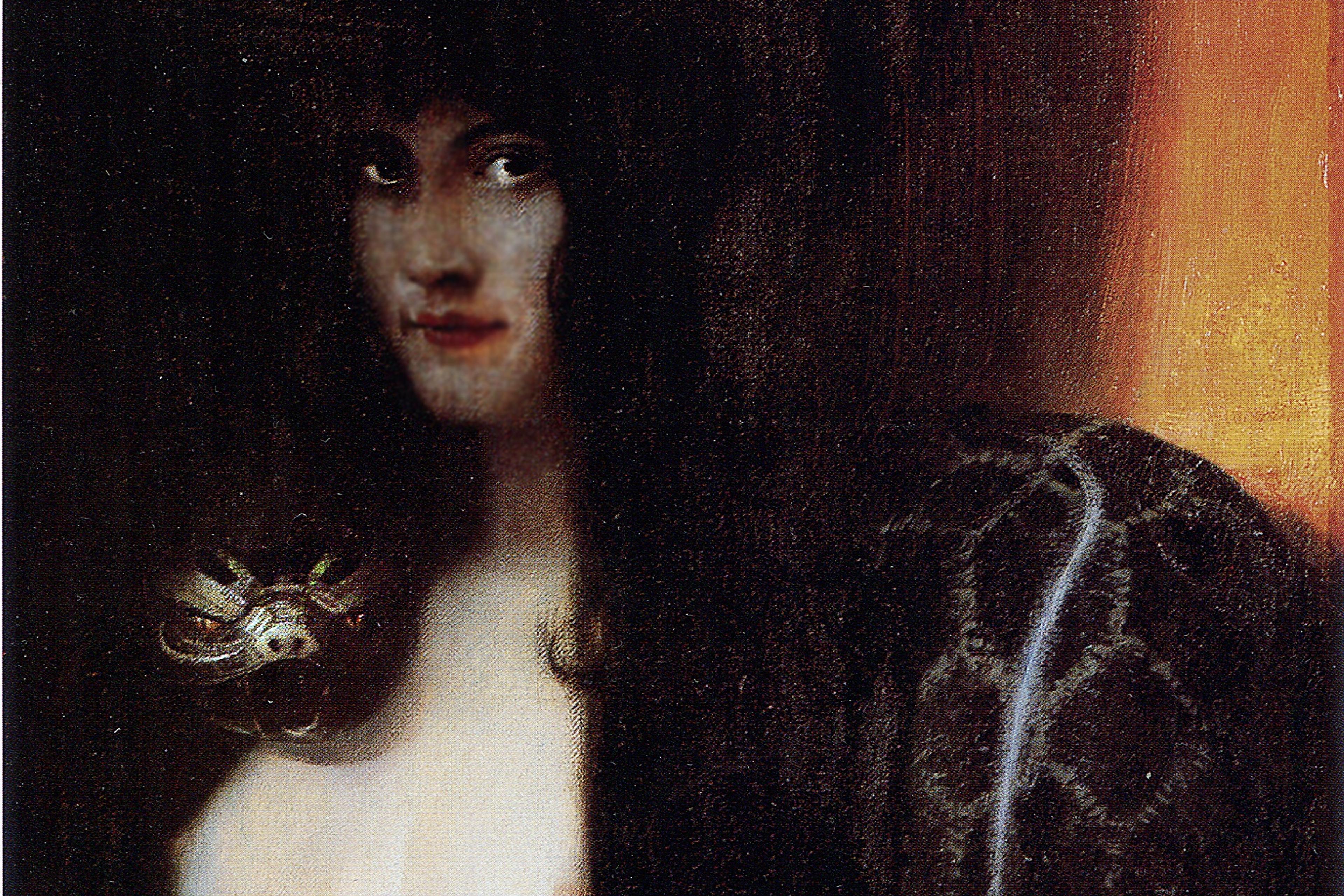
My experiences as a 21st-century femdom echo the gendered themes that feature in Leopold von Sacher-Masoch’s 1870 novel
by Gia Marcos
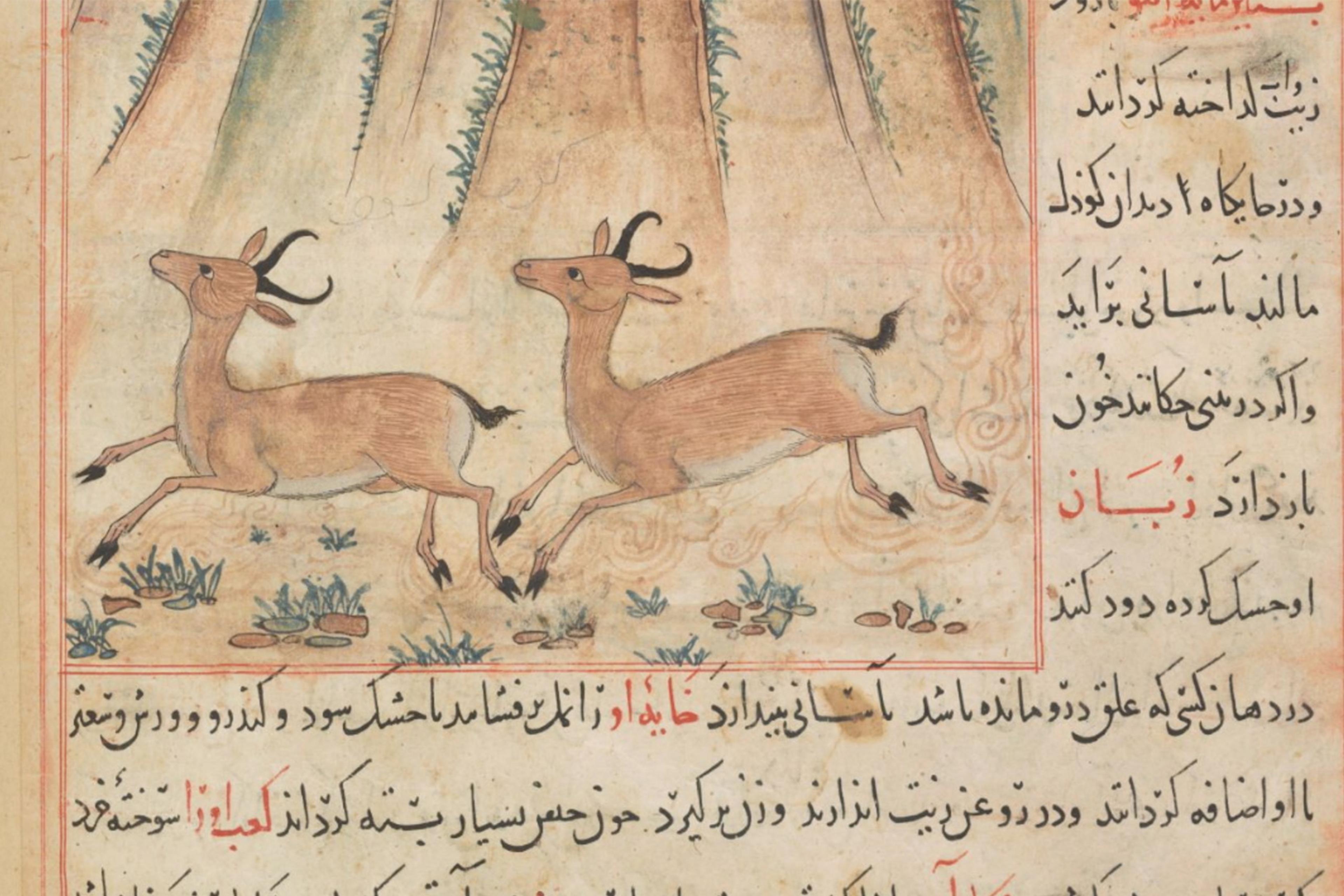
Ibn Tufayl’s story of a man mourning the gazelle who raised him helped me appreciate the interconnection of all things
by Veronica Menaldi